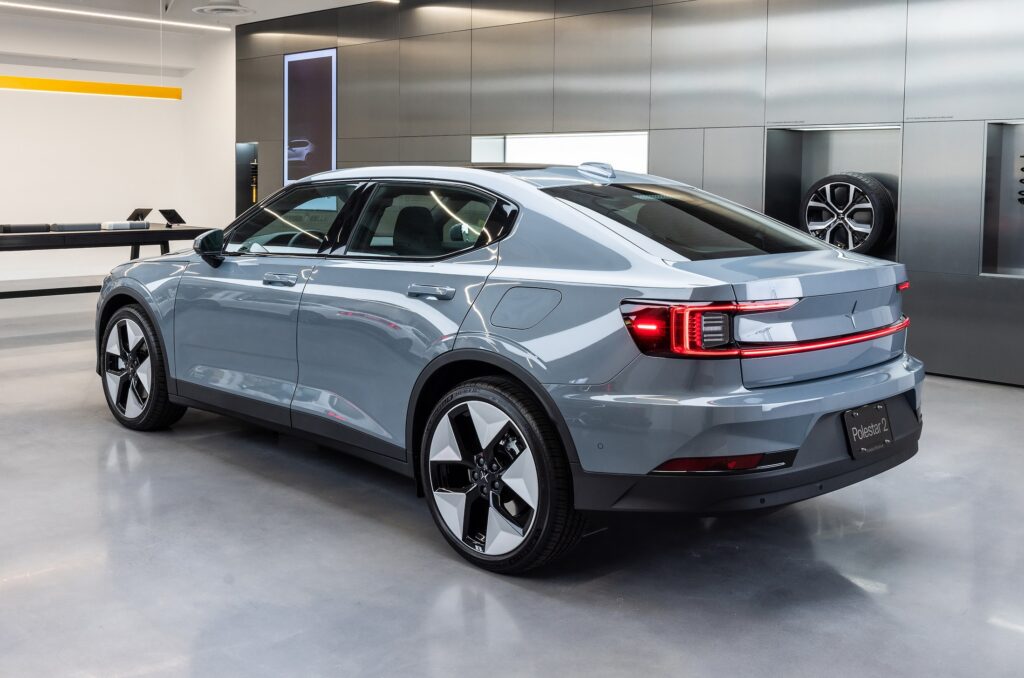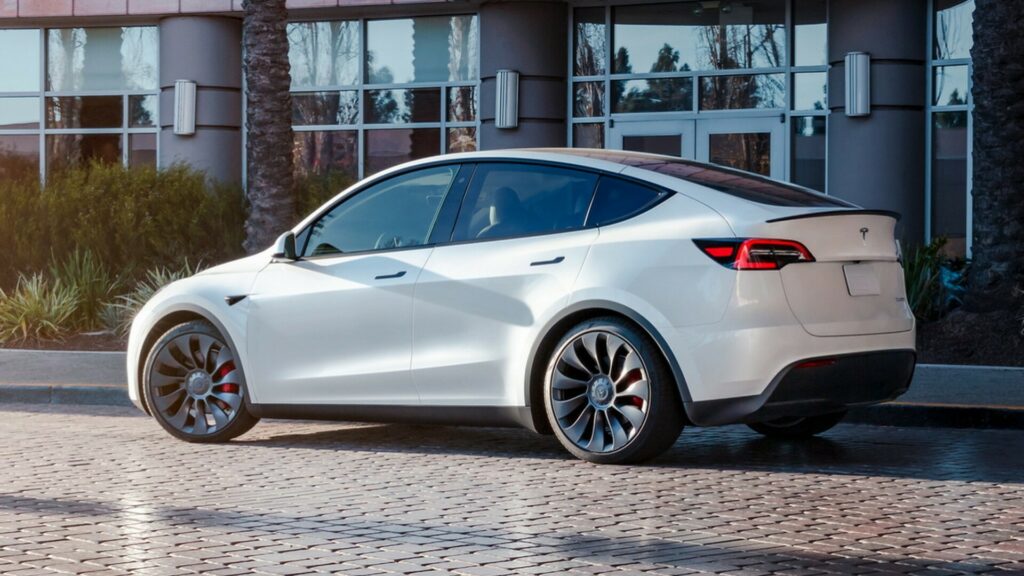New data shows that electric vehicle manufacturers are struggling to attract female buyers in the US. The industry average for car buyers is 41.2% women, but this percentage drops to 28% for vehicles with an electric powertrain.
According to S&P Global Mobility data for 2022 vehicle registrations, Tesla has the best representation of female car buyers among EV startups, with an above-average 33.1%. Polestar is second with 24.7%, followed by Lucid with 19.5% and Rivian with a low 14.5% of female buyers. These figures are comparable to male-focused pickup brands such as Ram and GMC. The only brands with a more male-dominated buyers mix than Rivian are supercar makers like Bugatti and McLaren.
More: Study Claims EVs Now Cost More To Run Than ICE Cars, But Is That Really The Case?

Rivian is the only EV startup with a truck-focused range, which might explain the low number of women buyers. However, even the Tesla Model Y which belongs to a segment that is traditionally popular among women doesn’t do well in that regard, with 35% female representation among its buyers.
While it’s unclear if automakers are already taking action to address gender demographics, S&P Global Mobility’s Chief Diversity Officer, Marc Bland, acknowledges that the data raises questions. He notes that women are more concerned about range anxiety and safety than men, suggesting that EV brands need to do “a lot more educating” in that respect.
The solution to this issue might come from mainstream automakers like Ford, GM, and Volkswagen, which will need to sustain their current gender diversity as they enter the EV era in order to retain their sales numbers. As they significantly expand their zero-emission range in the next few years, they may want to attract women buyers in a more efficient way than EV startups, resulting in a more gender-balanced mix of buyers. S&P Global Mobility forecasts that EVs will likely account for 40% of overall US sales by 2030, raising questions about how buyers will react to this new reality, including gender differences.





